Hubris has a way of catching up to people. That was my first thought when I read that Klaus Schwab, founder and chair of the once-mighty World Economic Forum (WEF), had resigned his position in the wake of an anonymous whistleblower alleging financial and personal misconduct on the part of Schwab and his wife (the family has strongly denied all the claims).
In early April, the 87-year-old Schwab had signaled he might step down. That process, however, rapidly accelerated on April 22 following these allegations. They come on top of a board-led independent probe into the WEF’s workplace culture – one, it was alleged, had been characterized by bullying, sexual harassment, and other forms of discrimination (in March, the WEF said the investigation “did not find the forum had committed any legal violations” and “did not substantiate” allegations against Schwab).
For an outfit as notoriously woke as the WEF, which has bent over backwards to flash its progressive credentials on every possible occasion, it’s difficult to underplay how damaging these and the new allegations have been to its reputation.
The truth, however, is that these rumblings about the WEF and Schwab in particular have occurred against a background in which the WEF’s relevance and prestige seem to have been in decline for some time. That trend has only magnified as the WEF has become identified in many people’s minds across the political spectrum as exhibiting all the worst features of the “globalist” outlook: one that ill-fits an age in which questions of national identity, national borders, and national sovereignty now occupy a center-place in world politics
It’s not, however, only nationalists who now view the WEF with deep suspicion. In more recent years, those of a free-market disposition have fiercely criticized the WEF’s advocacy of “stakeholder capitalism,” a topic that Schwab has been writing about for decades.
In 1973, Schwab penned on the WEF’s behalf the first Davos Manifesto. It begins by stating that “The purpose of professional management is to serve clients, shareholders, workers, and employees, as well as societies, and to harmonize the different interests of the stakeholders.” Since that time, Schwab has aggressively pushed this vision of business, the most recent iteration being his 2021 book Stakeholder Capitalism: A Global Economy that Works for Progress, People and Planet.
You don’t need a PhD in political economy to understand that the idea of business being responsible to potentially infinite number of stakeholders directly challenges the shareholder vision of the corporation articulated by free market thinkers like Milton Friedman. More generally, stakeholder capitalism effectively renders CEOs accountable to everyone, which means, in practice, that they are accountable to no one – and especially not the shareholders who have actually invested their capital in the business.
But that is only the start of free market criticisms of the WEF. The annual gathering at Davos, Switzerland, of heads of government, senior ministers, CEOs of the world’s largest businesses, union leaders, and self-selected representatives of “civil society” (mostly government-funded NGOs) reeks of what’s called “corporatism.”
Corporatism is the idea that political leaders should work together with established businesses and other interest-groups to manage the economy in ways that diminish the ups-and-downs of robust free markets. The critique of corporatism is that, far from smoothing the business cycle, it primarily functions to serve the interests of political, business, and professional NGO insiders at everyone else’s expense.
And that, for better or worse, is the image that the WEF has acquired in recent years. Networking is part and parcel of modern business. But the WEF’s annual Davos gathering has long looked like a global version of corporatism on stilts in which CEOs, government ministers, and NGOs hash out deals that actually diminish economic competitiveness as business leaders extract privileges from political leaders. That’s the very definition of the mercantile system that Adam Smith devoted Book IV of The Wealth of Nations to assailing.
Overshadowing all this, however, is another problem: the WEF’s less-than-subtle habit since the early 2000s of portraying itself as a quasi-government institution on a par with sovereign states. This has been exacerbated by Schwab’s proclivity to speak and behave as if he was the equivalent of a head of state. Humility is not a word that comes to people’s minds when they hear the name “Klaus Schwab.”
With Schwab’s departure from the Chair and the Board of Trustees of the WEF, the organization now has an opportunity to reassess its purpose and mission. New leadership could purge the WEF of its commitment to Schwabian stakeholder capitalism, move away from its uber-wokism, and repudiate any aspirations to pseudo-government status that has helped fuel some of the most lurid conspiracy theories about the WEF that proliferate in the internet’s darkest corners.
Is an organization whose then-chair co-authored a book in 2020 calling for a “Great Reset” of nothing less than the entire global economy in Covid’s wake capable of such self-reflection? I have my doubts. But if the WEF wants to survive, it should put as much distance as possible between itself and the entire Schwabian political and economic agenda and disown the hubristic rhetoric in which it was clothed. Without a fundamental reset of its own, the WEF is surely doomed to the worst of all worlds: mockery and redundancy.



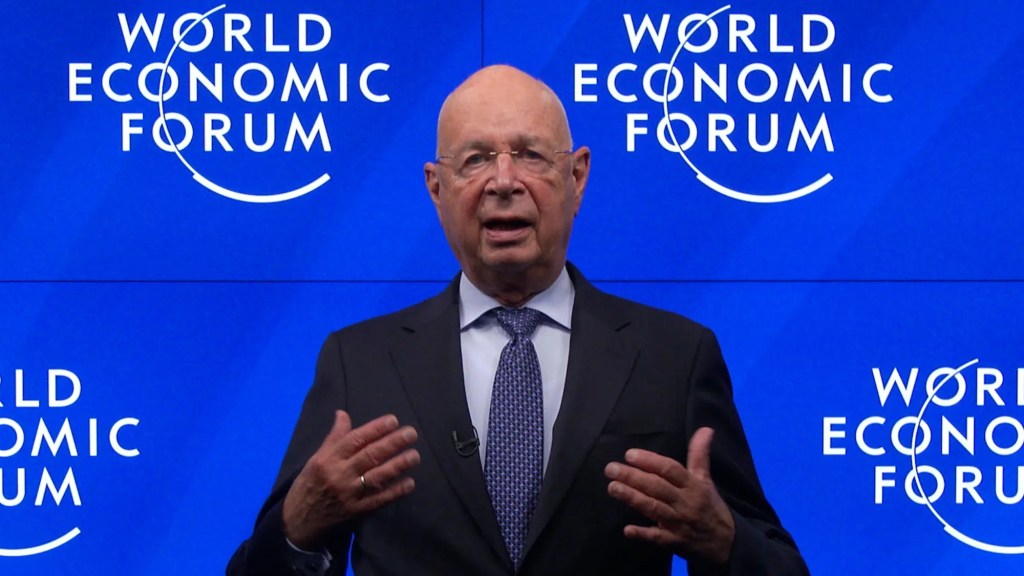








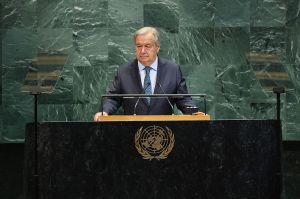

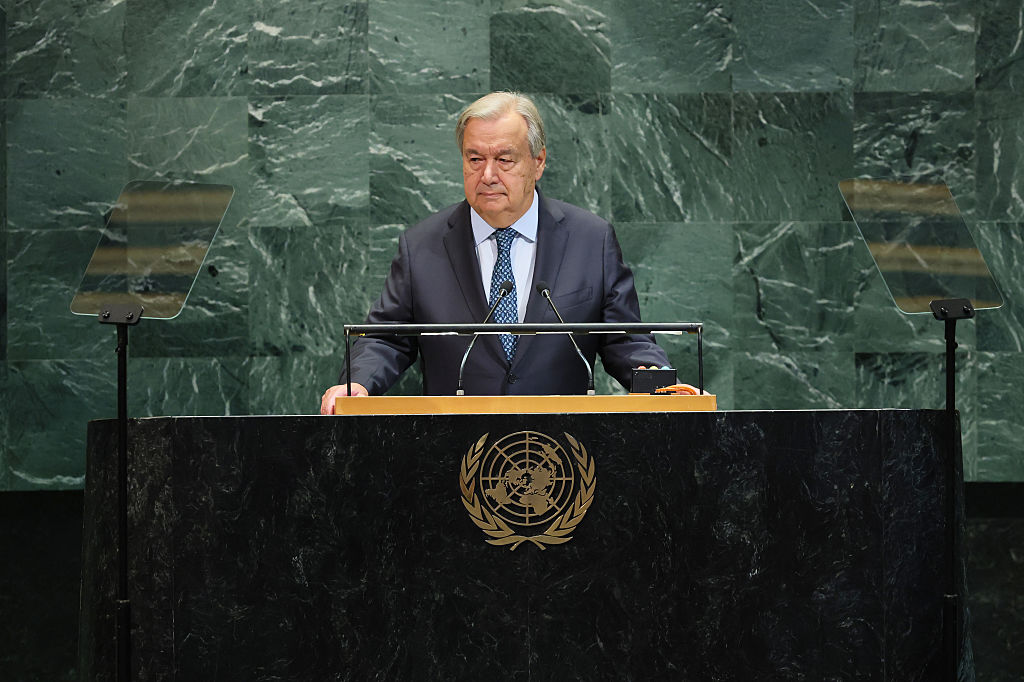
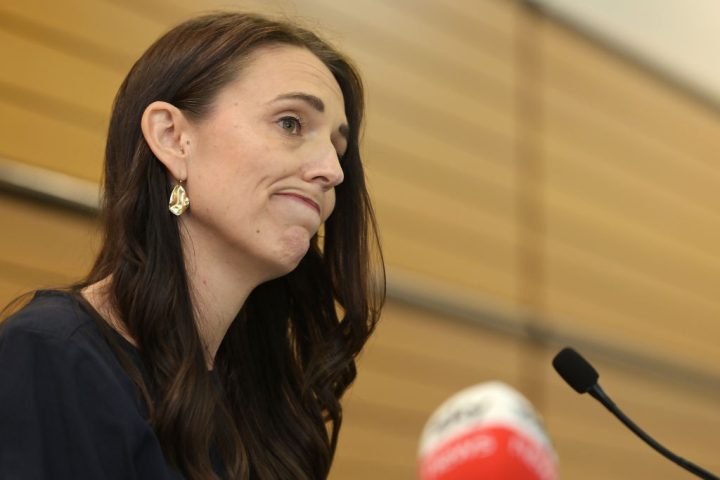

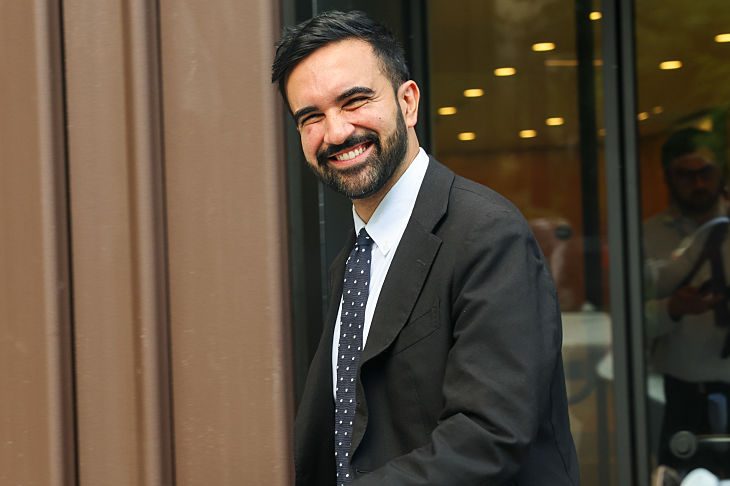








Leave a Reply